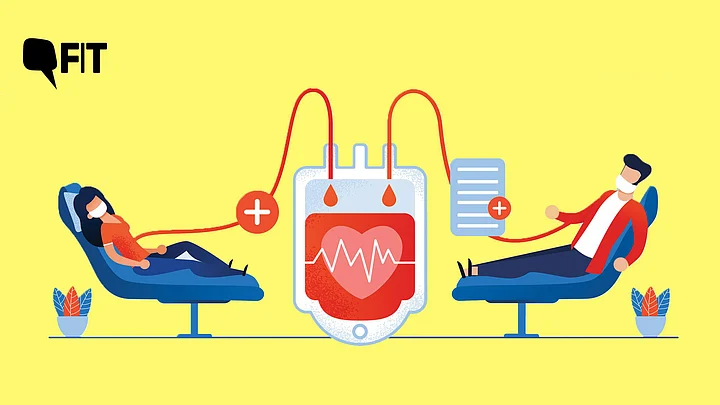Most of us understand the relevance and need for regular voluntary blood donations.
A significant number of voluntary donors show up whenever there is an urgent need for blood. However, only a few of them come forward to donate platelets through apheresis.
Platelet apheresis donation is a specialised blood donation procedure that specifically targets the collection of platelets from a donor.
What Is Platelet Transfusion?
Platelet transfusion can be lifesaving for patients experiencing severe bleeding due to thrombocytopenia or platelet dysfunction.
Platelets are crucial for blood clotting and are routinely required to support patients undergoing chemotherapy, organ transplants, bone marrow transplants, and those with hematological disorders.
The supply of platelets in blood banks needs to be constantly replenished as they only have a life span of five days. There is always an imbalance between their demand and supply.
When blood is donated, it is separated into three main components – red blood cells, plasma, and platelets.
To produce a typical dose of transfusable platelets, platelets from six blood donors need to be combined.
How Does Apheresis Work?
Apheresis, the process of automated blood donation, is highly efficient as it enables the collection of complete, transfusable units of platelets in just one donation. Some donors can even provide two units of transfusable platelets in one donation.
Apheresis donation programmes optimise each blood donation and the collections are considered very safe. Donors are carefully selected after a medical examination and a few tests, including platelet counts and hematocrit.
The quantity of platelets withdrawn is adjusted by the machine, accordingly, ensuring that the donor's platelet count will never be reduced below the normal limit after the procedure.
Prior to donation, each donor's veins are evaluated as individuals with small veins may not be able to donate platelets.
During this process, the system separates and collects the platelets, while the remaining blood components are safely returned to the donor. An anticoagulant is automatically added to the blood as it is pumped from the body into the apheresis machine, ensuring that clotting does not occur.
Platelet donation by apheresis takes approximately an hour, and it can be done two times a week and upto 24 times annually as compared to whole blood donations that can only be done a maximum of four times a year.
Serious complications of donor apheresis are extremely rare and minor adverse events, such as feeling of lightheadedness or numbness, typically resolve quickly.
How Can You Become A Donor?
Donors need to meet basic eligibility requirements to donate through apheresis. They should be in good health on the day of donation, at least 18 years old, weigh at least 50 kg, and have a platelet count of at least 1.5 lakhs/micro liter.
The last blood donation should be at least 28 days ago. Donors should not have taken aspirin or any nonsteroidal anti-inflammatory drugs within 72 hours before donation.
Any recently taken medication must be discussed with the medical officer at the blood center. Additionally, donors should not have fever, cold, flu, sore throat, or any other infection on the day of donation.
Before undergoing apheresis, it is necessary to get a good night's sleep, have a substantial meal, and drink plenty of fluids. Donors should be prepared for no strenuous activity for the rest of the day.
Need To Improve 'Utilisation of Platelet Donation'
To meet the ever-increasing demand for platelets, the utilisation of platelet donation through apheresis needs to be improved.
Targeted motivational activities aimed at platelet donation would undoubtedly encourage eligible voluntary donors to opt for platelet apheresis procedures.
By donating platelets through apheresis, individuals can make a significant impact on the lives of patients who rely on platelet transfusions for their medical care.
(Dr Veena Shenoy is an additional professor and head of transfusion medicine at Kochi's Amrita Hospital. The views expressed above are the author’s own. The Quint neither endorses nor is responsible for them.)

